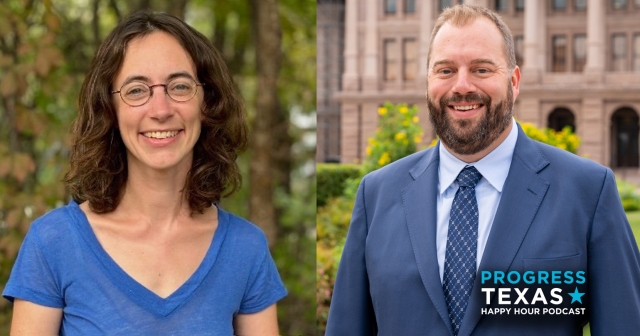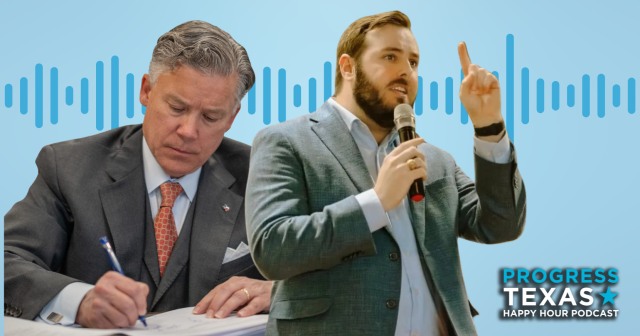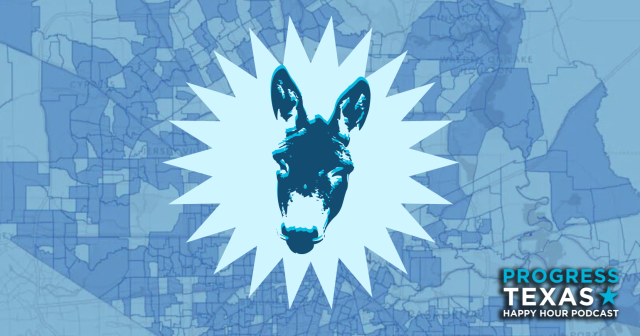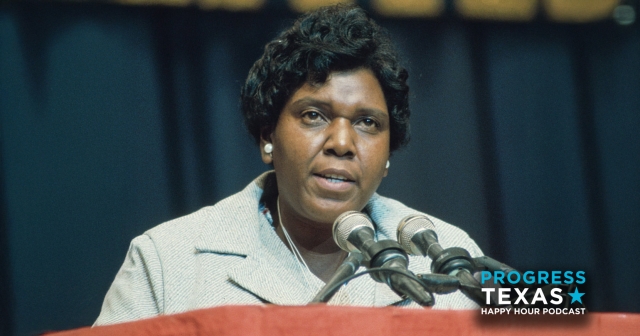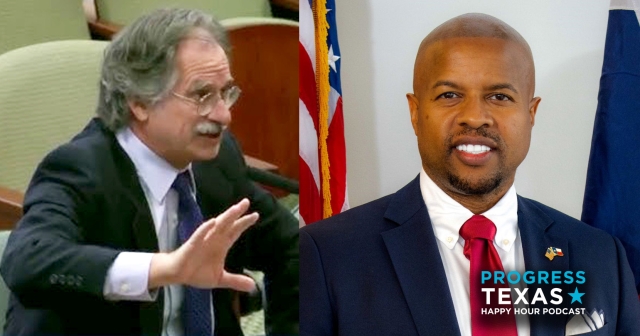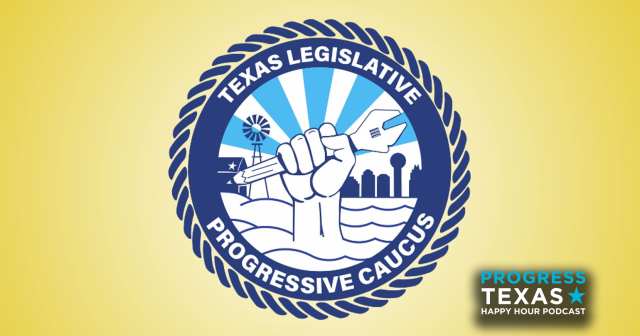Ed. Note: the following is Part 1 of our 5-part SCOTUS 2015 series reviewing decisions from this summer.
The Supreme Court kicked off June by releasing two decisions reaffirming our first amendment right to free speech, demonstrating yet again why courts matter.
The first case, Elonis v. United States, centered on Mr. Elonis’ Facebook posts in 2010 and 2011. In the posts, using an alias, he posted rap lyrics that his ex-wife and an FBI agent saw as threats. Mr. Elonis claimed he had a right to express himself artistically, but a judge ruled the posts were a “threat to injure the person of another.”
Mr. Elonis appealed, and his case eventually made its way up to the Supreme Court.
During oral arguments in November of 2014, Justice Roberts questioned whether this action was a threat. Roberts cited violent Eminem lyrics from a popular song, and asked whether those lyrics constituted a threat. This reasoning prevailed, and the Supreme Court exonerated Mr. Elonis with an 8-1 decision.
Justice Alito, while voting to acquit Mr. Elonis, criticized the decision saying that in future cases that seek to determine whether a post is a threat or merely speech that “Attorneys and judges are left to guess”. However according to Justice Roberts, this ruling helps to prevent people from being prosecuted for their speech unless their state of mind demonstrates clear intent to follow through on the threat.
The second case, Equal Employment Opportunity Commission vs. Abercrombie and Fitch, focused on a Muslim woman, Ms. Elauf, who was denied a job at Abercrombie and Fitch because her Hijab - a head scarf worn by religious Muslim women - violated a policy of what workers could wear on the job.
Abercrombie claimed that it did not know her head scarf was a religious object, and that she didn’t ask for the accommodation to wear it based on her religion.
The court rejected that claim and Justice Scalia asserted that the company had “at least some idea” that the scarf was worn for religious purposes. The final decision was 8-1, ruling in favor of Ms. Elauf. The ruling reaffirms that employees have the right of protection from discrimination in hiring practices based on their religious observance.
Check out the posts below for more on our 5-part SCOTUS 2015 series reviewing this summer's rulings:
DONATE
Your donation supports our media and helps us keep it free of ads and paywalls.


